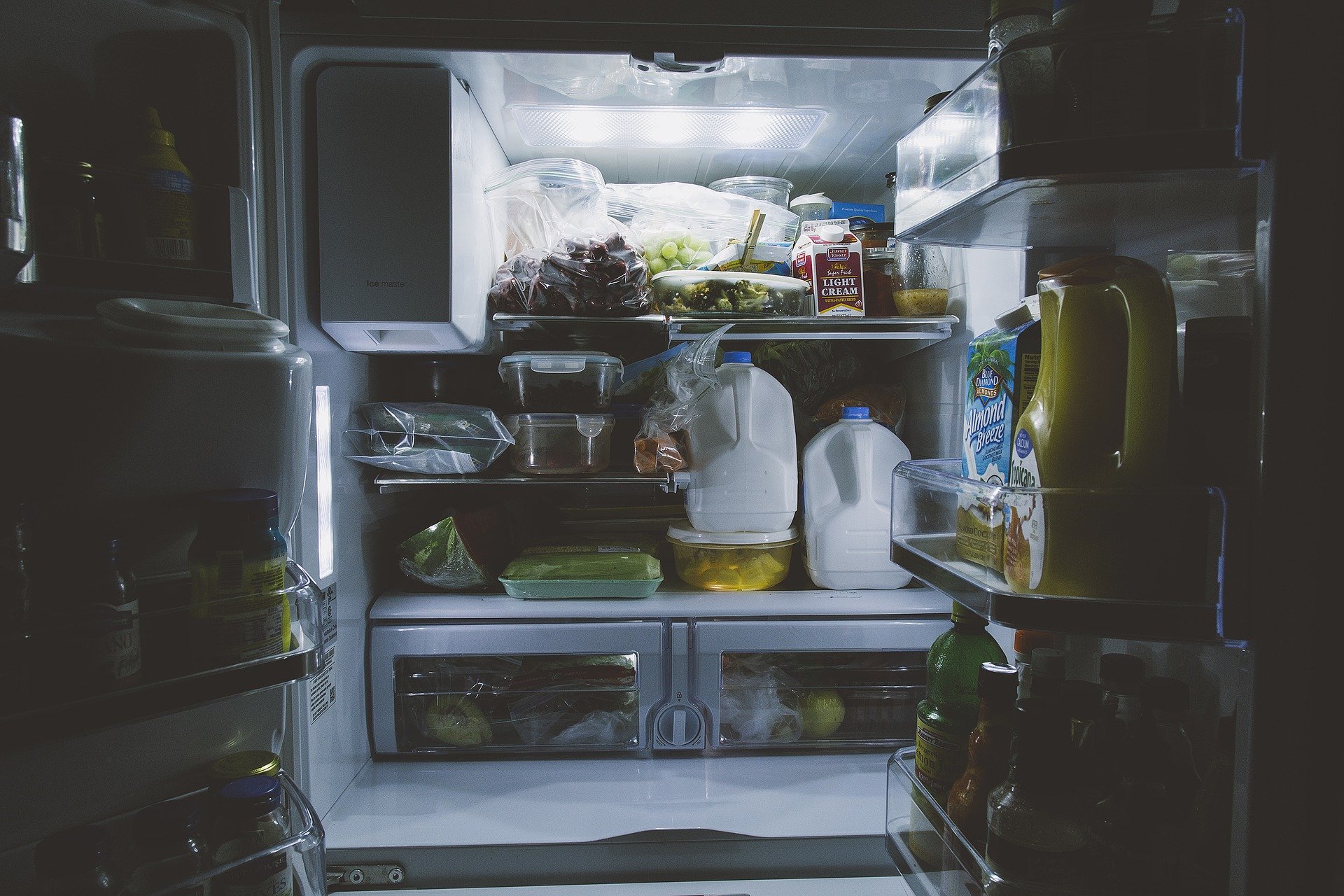Reveling in the beautiful, dry weather of a South Florida winter, it is easy to forget about the severe weather only a few months away. But with storm season and hot weather approaching, it is prudent to think about possible power outages and brownouts. All Sarasota area residents understand how quickly a home can get uncomfortable without air conditioning, and if it is also damp, mold can occur before long. But in the short term, a power outage can also mean losing an entire refrigerator or freezer full of groceries – or worse, thinking that the food has survived the outage and eating food that has spoiled. In order to keep your family safe and healthy, here are some guidelines as to knowing how long it is safe for food to be without refrigeration.
Two Hours is All it Takes
Although it seems a short window, most of the contents of your refrigerator and freezer will begin to go bad if the air temperature is 40 degrees Fahrenheit or higher for two hours or more. After that, the food may not be safe to eat. Keeping track of two hours is easy – but how do you monitor the temperature, and understand when it gets too warm?
In order to accurately ascertain your fridge and freezer temperature necessitates some advance planning. Homeowners should buy small thermometers and place them in both compartments – in this way, you aren’t looking for them when the power goes out and time is of the essence. The easiest thermometers to use are those which transmit the temperatures to your smartphone or a digital reader outside of the appliance. This will allow you to monitor the temperature without opening and closing the doors, which will let cold air out and put you in the danger zone more quickly.
Without power, the refrigerator doesn’t stay cold for long. In fact, an outage of three hours may be enough to render food inside unfit to consume. Freezers will give you a little more time – your food may be ok for up to two days if the freezer is full and you do not open the doors. However, the more space in your freezer, the less time you have, as freezer items packed in closely will keep the temperature down. Solids and liquids keep steady temperatures more efficiently than air.
If severe weather is in the forecast and you have concern that you could lose power, or if your residence or neighborhood is prone to unexpected power outages, you can assist your freezer by adding containers of water to fill up the space with ice. However, don’t fill the space completely. In order to run most efficiently, your refrigerator and freezer require an adequate air flow. Maintain a little bit of space on all sides of each item, and ensure that nothing is blocking the vents.
Be Prepared for a Power Outage
Since during a power outage you want to avoid opening the refrigerator, be sure to always have a good supply of non-perishable, ready to eat food in your pantry.
However, you may wish to provide complete protection for your family by investing in a generator. There are two basic options – a portable generator, and a full-sized, installed generator. Which type of generator is right for you will depend on how many devices and appliances you want to support. If your only concern is your refrigerated food, a portable generator may be sufficient. However, if you want to also run your A/C, lights, and televisions, a stand-alone generator may be your best choice.
Now is the best time to consider a generator, prior to the arrival of major storms and extreme heat. Call Promise Electric today to learn more about protecting your food and your family with your own generator.



